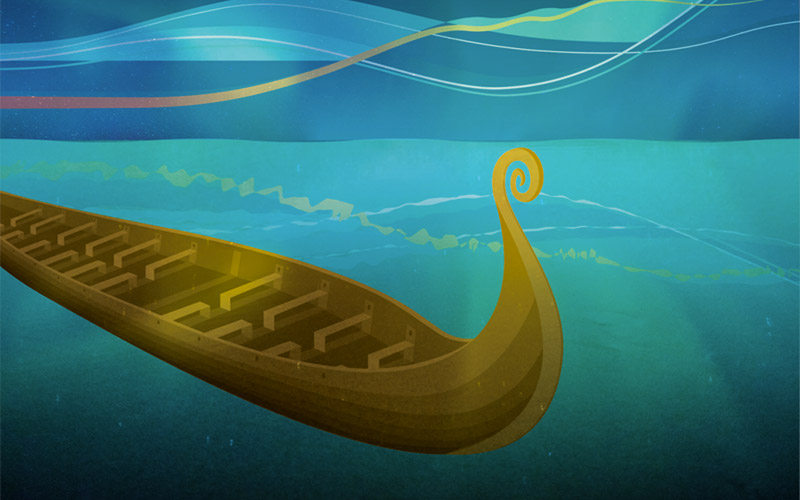
16.10.2023
Status fra Langskip-prosjektet per september 2023
Brevik CCS er 66 % ferdigstilt og Northern Lights-lageret er 86 % ferdigstilt.
Byggingen av CO2-transport- og lagringsinfrastrukturen til Northern Lights og Heidelberg Materials sitt fangstanlegg pågår for fullt.
- Celsio bestemte seg i april for å innføre en tolvmåneders kostnadsreduksjonsfase og sette konstruksjonen på vent etter at et oppdatert kostnadsestimat viste at karbonfangstprosjektet ville overstige det maksimale budsjettet fastsatt i statens finansieringsavtale.
- Langskip skal være i drift med fanget CO2 fra Brevik, transport og lagring i 2025, bak den opprinnelige planen (sent 2024), ifølge siste melding fra Regjeringen (Prop. 118 S (2022-2023)).
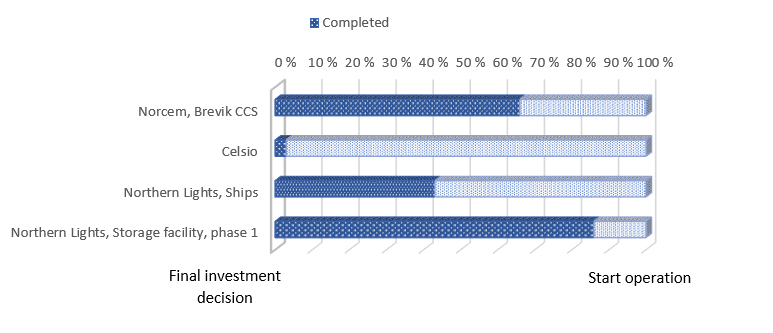
Her finner dere mer detaljer om Langskip-prosjektet på engelsk
Status Northern Lights
- Construction of the Northern Lights CO2storage facility is 86,3% completed (2023.08.31).
- The visitor centre was opened in October 2022 by the Norwegian prime minister Støre.
- Preliminary results from drilling operations confirm the storage capacity of at least 5 million tonnes CO2per annum. The drilling of one CO2 injection well and one contingent injection well is completed.
- Dalian Shipbuilding Industry Co., Ltd. (DSIC) is building ships dedicated for CO2 transport for Northern Lights. September 1, Northern Lights awarded the third ship building contract to DSOC. The overall progress for the first ship, including detailed design, engineering, procurement etc., are now 50,2 % completed (2023.08.31) and it will be delivered in 2024.
- Northern Lights has entered into transport and storage agreement with Ørsted to store 430,000 tonnes biogenic CO2per year from two power plants in Denmark from 2026. Northern Lights is labelling this as an essential step for creating a commercial market for CCS in Europe. In August 2022, Yara and Northern Lights agreed on the main commercial terms on cross border CO2 transport and storage. From early 2025, up to 800,000 tonnes of CO2 will, according to plan, be captured from Yara’s ammonia and fertiliser plant in Sluiskil in the Netherlands and transported and stored by Northern Lights.
- Northern Lights plan to increase storage capacity to 5 million tonnes per year through an additional development phase (Phase 2) and an increasing customer base. The phase 2 development plan is subject to a final investment decision. FEED studies for phase 2 have been completed.
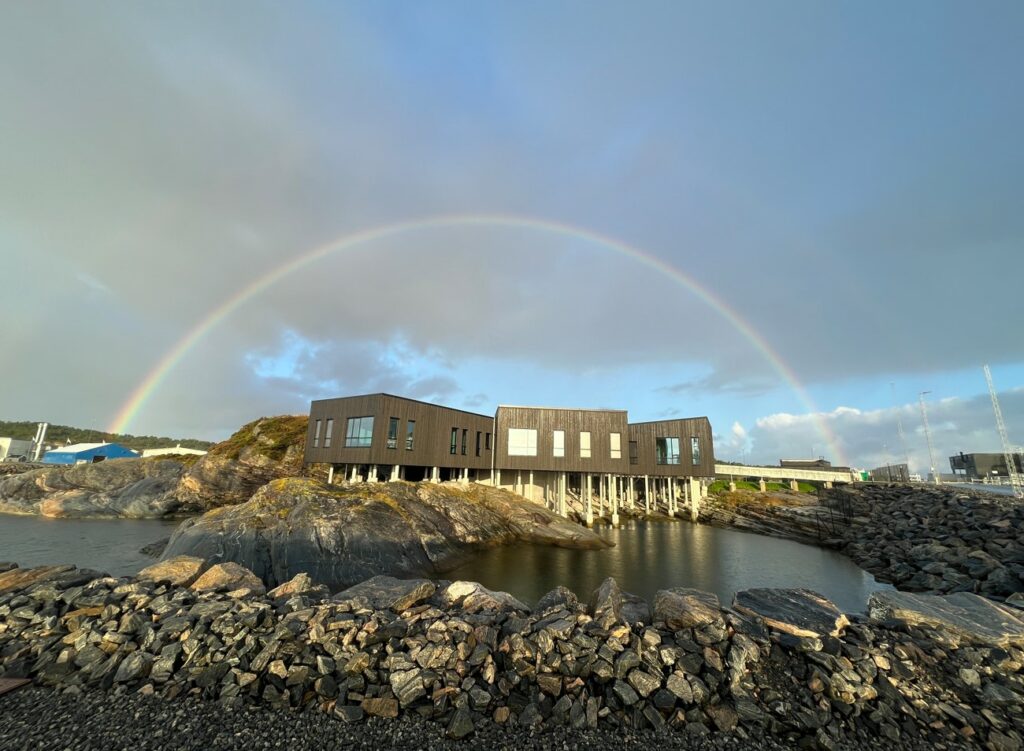
Status Heidelberg Materials
- Overall accumulated actual progress is 66,0% for the Brevik CCS Project (2023.08.31).
- Generally, Brevik CCS is progressing well, but the project organisation expresses some concern about delays from subcontractors due to the global disturbances in crucial supply chains caused by war in Ukraine and covid-19, leading to major uncertainties in supply of critical materials, equipment, and logistics.
- A very important milestone was reached in August 2023 with the lifting into position of the absorber and absorber stack. This piece of equipment is now the highest point of Brevik Plant and is a very visible testimony that Brevik CCS is progressing.
- The Norwegian state and Heidelberg Materials have signed an agreement securing completion of the capture project after the communicated cost overrun in the project. In the agreement, Heidelberg Materials has undertaken to complete the project and cover increased costs. In return, the company retains a larger share of the potential return on the project. The state undertakes to provide a start-up grant of up to NOK 150 million when the facility is ready to ship the first load of CO2 to Northern Lights.
- Brevik CCS has experienced vast interest internally and externally. The installation of the absorber has received a lot of attention both externally as well as internally within Heidelberg Materials. Heidelberg Materials now has several emerging projects in other countries, mainly in Europe and North America. Brevik CCS is the frontrunner both within the company and within the industry.
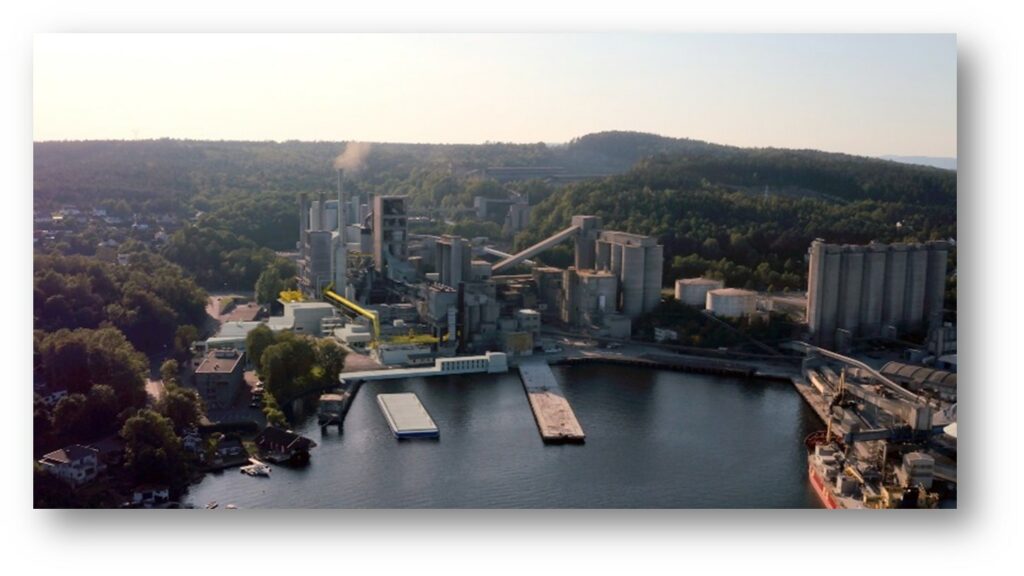
Status Celsio
- Celsio’s carbon capture project started the civil works, blasting and ground works on site in August 2022.
- In April (2023) an updated cost estimate from Hafslund Oslo Celsio showed that the carbon capture project at their waste incineration plant at Klemetsrud would exceed the investment decision and maximum budget stipulated in its government funding agreement. Celsio decided to introduce a twelve-month cost reduction phase and place the construction on hold. During this phase, Celsio aims to identify possible cost reduction areas, then narrow down and prioritize areas to be investigated. They also investigate possible avoided costs and future revenue as important factors before reaching a new final investment decision in the summer of 2024.
- The reasons for the cost overruns are complex, but not related to the CCS technology.
- There is still a clear ambition for Celsio’s carbon capture project to become the world’s first carbon capture plant on waste incineration in a full value chain with transport and permanent storage of CO2. Celsio is owned by Hafslund, Infranode and HitecVision.
- The changes to Celsio’s project will not have any impact on the completion of Longship as a whole chain for capture, transportation and storage of CO2. The Heidelberg Materials and Northern Lights projects have both passed the halfway point in their construction process and will be able to capture and store CO2 from 2025.
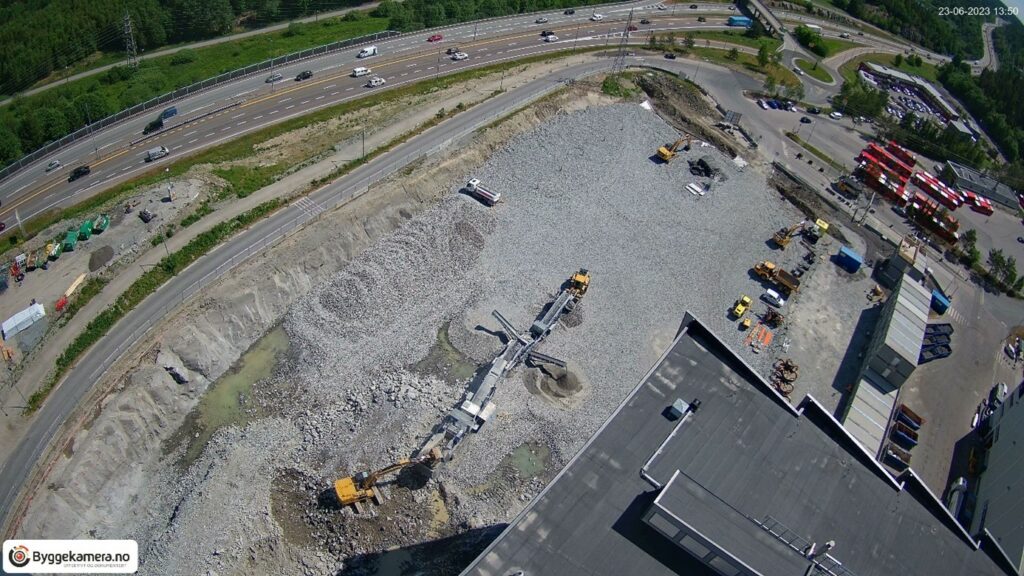
CO2 transport to Norway
- Norway and Germany have agreed to set up a joint Task Force to follow up the results of an ongoing joint feasibility study, which is looking into possibilities to transport hydrogen and CO2 between Germany and Norway. The feasibility study is undertaken by Gassco and dena (Deutsche Energie-Agentur) on behalf of the industry and includes a large number of industrial partners.
